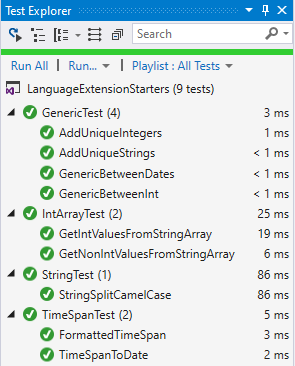WPF and Windows Forms Data Annotations

There is a lot that the .NET Framework offers and for some developers they may not find those hidden gems that others tend to find. One of these gems is data annotations which on an average web search tends to pull up ASP.NET and in some cases WPF. When a developer new to WPF finds information on data annotations and has not learned MVVM yet for whatever reasons they may not pursue this path. Similarly, the same may hold true for Windows Form developers. So for those new to WPF and those Window form developers who are open to data annotations check out the following GitHub repository .

